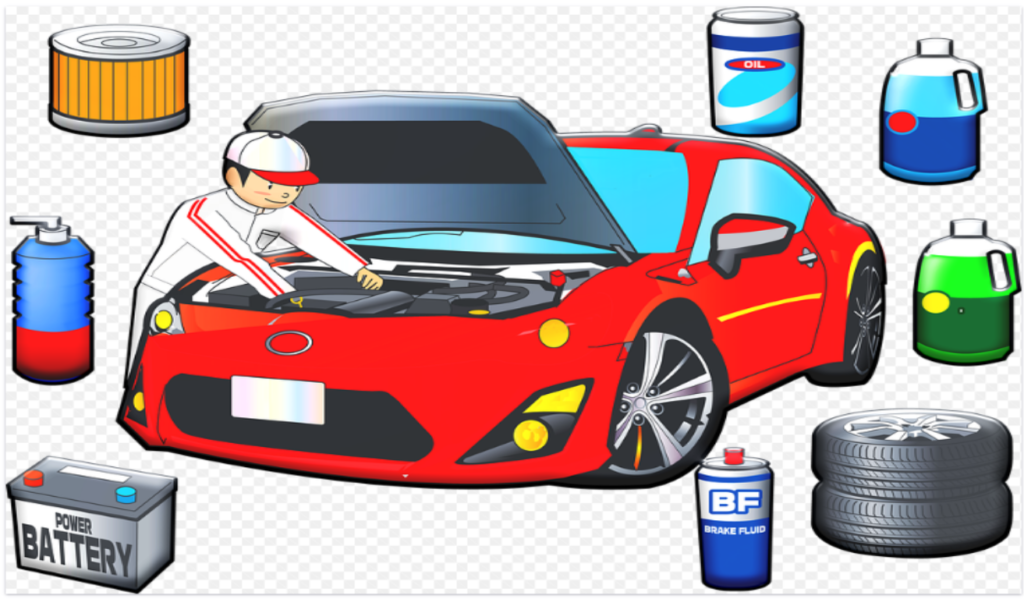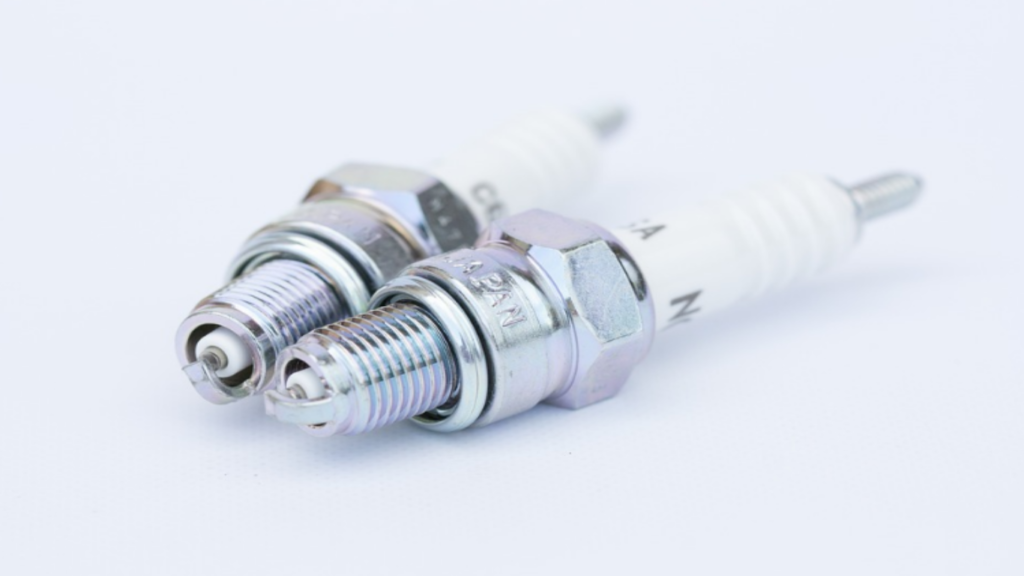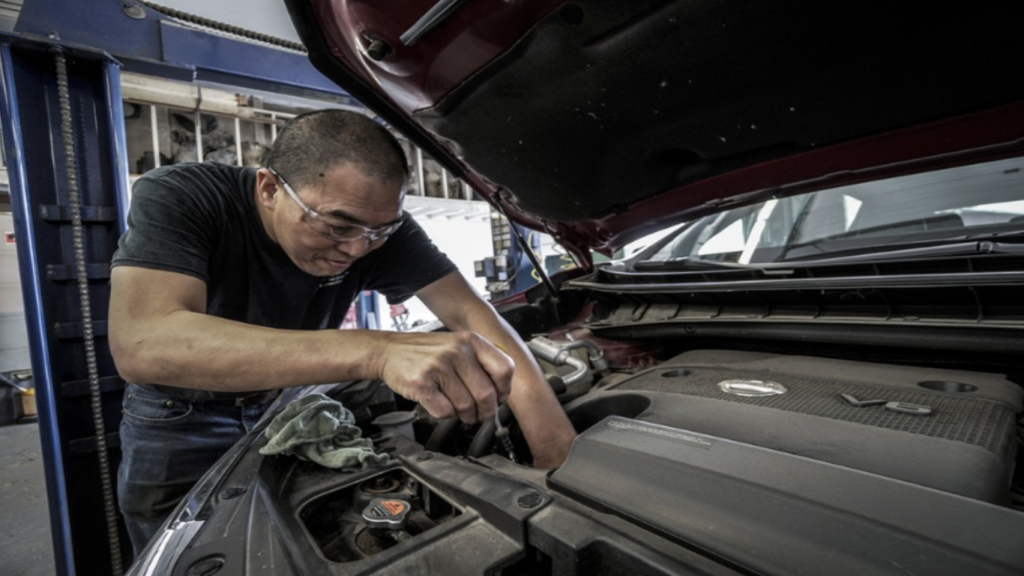Owning a car is more than just enjoying the freedom of the open road. It’s about ensuring that your vehicle remains reliable and safe for every journey you take. Regular maintenance is key to keeping your ride in top shape, helping you avoid costly repairs down the line, and ensuring peace of mind during your travels. Whether you’re commuting to work, embarking on a weekend getaway, or simply running errands around town, having a well-maintained car can make all the difference. From checking oil levels to monitoring tire pressure, each aspect plays an essential role in overall performance. Let’s dive into some vital tips that will help keep your vehicle humming smoothly mile after mile.
The Importance of Regular Car Maintenance
Regular car maintenance is crucial for prolonging the life of your vehicle. Just like you wouldn’t skip doctor visits to stay healthy, your car needs routine check-ups too. Neglecting maintenance can lead to unexpected breakdowns and costly repairs. A small issue, if left unchecked, can spiral into a major problem that affects performance and safety. It also plays a significant role in fuel efficiency. A well-maintained engine runs smoother and uses less gas, saving you money at the pump.
Oil Changes: How Often, What Oil to Use, and DIY Tips
Regular oil changes are crucial for keeping your engine in top shape. Most experts recommend changing your oil every 5,000 to 7,500 miles. However, check your owner’s manual for specific guidelines tailored to your vehicle. Choosing the right oil is essential too. Synthetic oils provide excellent protection and performance but can be pricier. Conventional oils are a good option for older vehicles or those with simpler engines. If you’re feeling adventurous, consider doing it yourself! Start by warming up the engine slightly; this helps the old oil drain more easily. Use a jack to lift the car and place it securely on stands. After draining the old oil into a container, replace the filter before adding fresh oil through the designated cap.
Tire Care: Checking Tread, Pressure, and Rotation

Tire care is crucial for safe driving. Regularly checking your tire tread can prevent dangerous blowouts. A simple penny test helps here: insert a penny into the grooves, and if you can see Lincoln’s head, it’s time to replace those tires. Maintaining proper tire pressure is another important task. Under-inflated tires wear out faster and reduce fuel efficiency. Use a reliable gauge to check pressure monthly or before long trips. Don’t forget about rotation! Tires wear unevenly based on their position on the vehicle. Rotating them every 5,000 to 7,500 miles promotes even wear and extends their lifespan.
Brake Inspections and Replacements
Brakes are crucial for your safety on the road. Regular inspections can catch issues before they escalate. Start by listening for unusual sounds when you brake. A squeal or grinding noise often signals worn-out pads that need attention. Also, pay attention to how your vehicle responds. If it pulls to one side during braking, this could indicate uneven wear or a malfunctioning component. Don’t forget about the brake fluid level and condition. Low levels can lead to decreased performance and potential failure. When it’s time for a replacement, always choose quality parts that match your vehicle’s specifications. This ensures optimal performance and longevity.
Battery Maintenance: Testing, Cleaning, and Replacement
A well-functioning battery is crucial for your vehicle’s performance. Regular testing can ensure it’s holding a charge effectively. Use a multimeter to check the voltage; it should read around 12.6 volts when fully charged. Cleaning the battery terminals is often overlooked but essential. Corrosion can build up and hinder performance. A mixture of baking soda and water works wonders for removing grime. Just remember to disconnect the cables before you start.
When it comes to keeping your vehicle in top shape, regular maintenance is key. Staying on top of oil changes can help ensure the engine runs smoothly and …

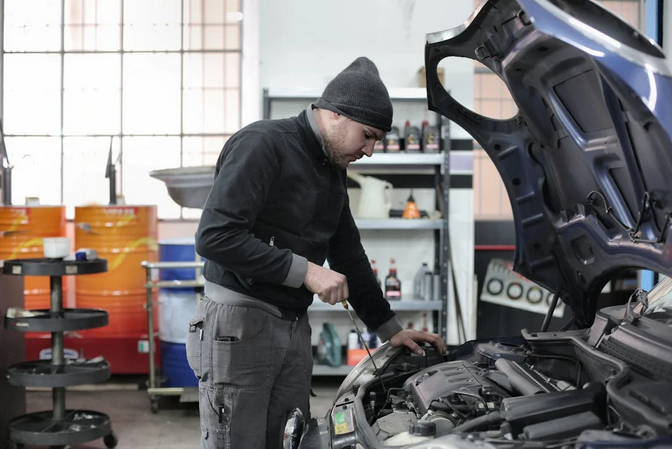





 As the saying goes, “Forewarned is forearmed.” When it comes to driving in the rain, this couldn’t be more true. Before you even start your journey, take a few minutes to check the weather forecast and plan your route accordingly. If possible, avoid roads prone to flooding or with a risk of falling debris.
As the saying goes, “Forewarned is forearmed.” When it comes to driving in the rain, this couldn’t be more true. Before you even start your journey, take a few minutes to check the weather forecast and plan your route accordingly. If possible, avoid roads prone to flooding or with a risk of falling debris.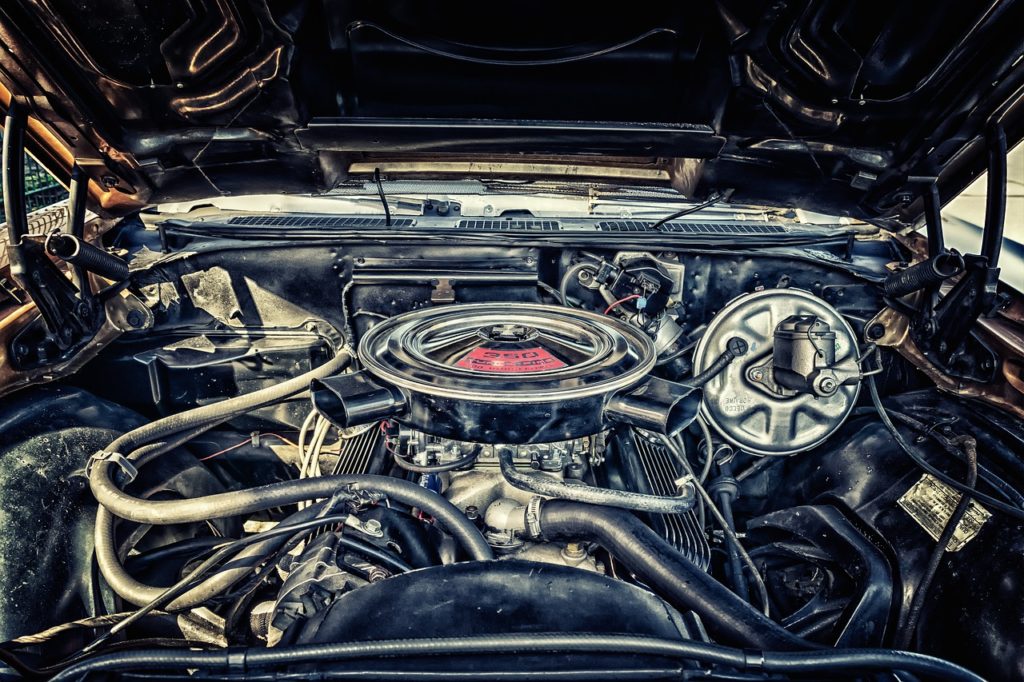
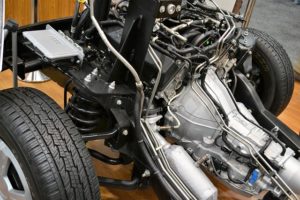 The first thing you need to consider when shopping for auto parts is the type of part you need. There are many types of
The first thing you need to consider when shopping for auto parts is the type of part you need. There are many types of  The last thing you need to consider when shopping for auto parts is the fit. Not all components are compatible with every car. It’s essential to make sure the part you buy is compatible with your vehicle. You don’t want to end up with a part that doesn’t fit and must be returned. From the information above, it’s clear that there are many things to consider when shopping for auto parts.
The last thing you need to consider when shopping for auto parts is the fit. Not all components are compatible with every car. It’s essential to make sure the part you buy is compatible with your vehicle. You don’t want to end up with a part that doesn’t fit and must be returned. From the information above, it’s clear that there are many things to consider when shopping for auto parts.
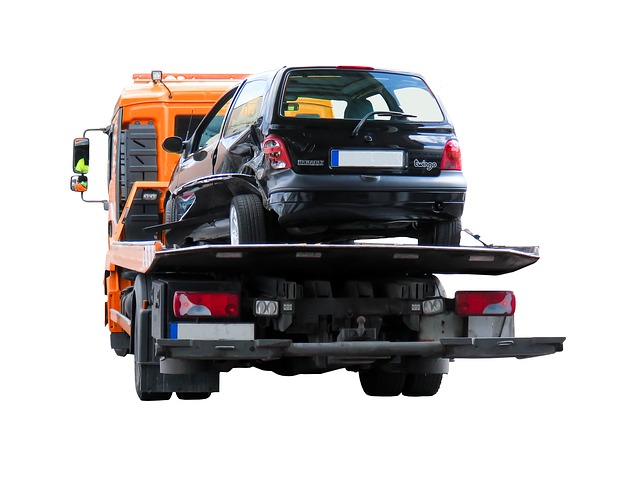 When within city limits, there may be no other way to get your car out of a busy street other than through a towing service. In the country sides, you can just call a friend to drive his big four wheeler to pull your car to a repair shop or back to your home. You cannot do this in cities as they have regulations banning this method of getting a vehicle that broke down out of the road. The method can cause traffic jams along city streets if city governments allow it.
When within city limits, there may be no other way to get your car out of a busy street other than through a towing service. In the country sides, you can just call a friend to drive his big four wheeler to pull your car to a repair shop or back to your home. You cannot do this in cities as they have regulations banning this method of getting a vehicle that broke down out of the road. The method can cause traffic jams along city streets if city governments allow it.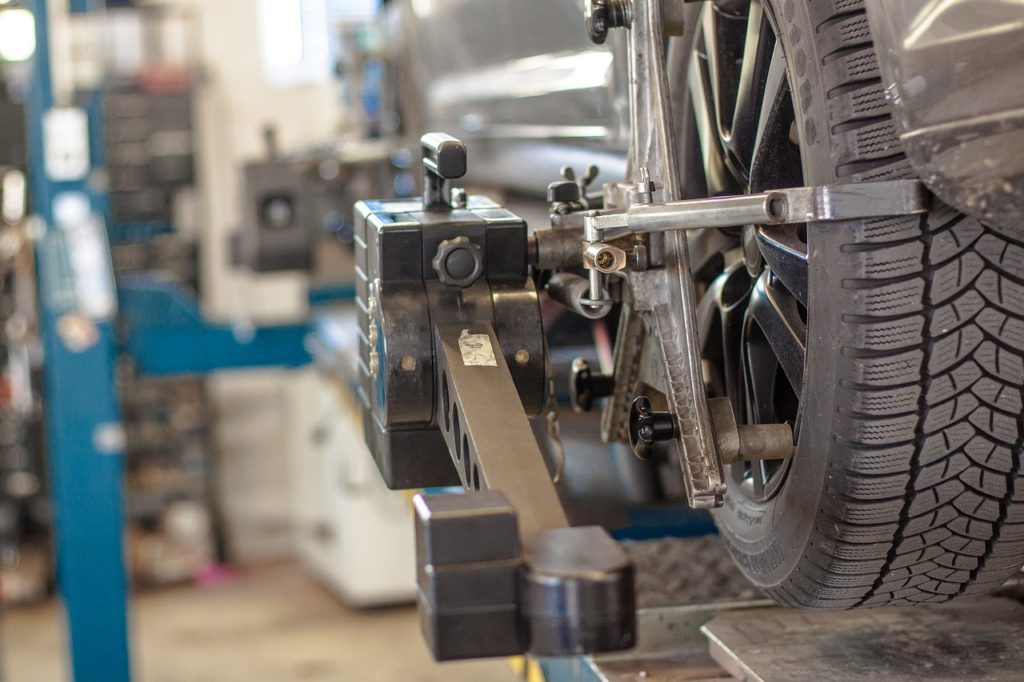

 Certified and experienced widow repair services offer excellent and high-quality glasses to various car owners. Once you notice that there is a crack on your windshield, do not buy any product to prevent the break. We have poorly manufactured products out there that can later cause damage. Instead, hire a qualified window repair company to get a high-quality windshield for your vehicle. To avoid the cracking again, ensure that you choose a qualified company.
Certified and experienced widow repair services offer excellent and high-quality glasses to various car owners. Once you notice that there is a crack on your windshield, do not buy any product to prevent the break. We have poorly manufactured products out there that can later cause damage. Instead, hire a qualified window repair company to get a high-quality windshield for your vehicle. To avoid the cracking again, ensure that you choose a qualified company.
 It may sound like a mainstream reason, but it is surprisingly still one of the strongest reasons why car owners need to replace their car speakers. Let us all admit it that most of the built-in sound system installed do not meet the average standards. For some people, it is not even an issue. However, if you have higher standards or if you need to listen to quality tunes all the time during the trip, getting a replacement is the only option you have. Most people assume that it is quite expensive to get a new speaker.
It may sound like a mainstream reason, but it is surprisingly still one of the strongest reasons why car owners need to replace their car speakers. Let us all admit it that most of the built-in sound system installed do not meet the average standards. For some people, it is not even an issue. However, if you have higher standards or if you need to listen to quality tunes all the time during the trip, getting a replacement is the only option you have. Most people assume that it is quite expensive to get a new speaker.
 Before going on a road trip, the first step should be to check your car. You need to make sure that your car is in good condition before you leave. Make sure that you check the engine, tires, oil, and water. The last thing you want is for your car to break down in the middle of nowhere.
Before going on a road trip, the first step should be to check your car. You need to make sure that your car is in good condition before you leave. Make sure that you check the engine, tires, oil, and water. The last thing you want is for your car to break down in the middle of nowhere.






 One thing that you will appreciate about a BMW is the fact that it is a symbol of status. If you want to show your status, make sure that you drive a BMW.
One thing that you will appreciate about a BMW is the fact that it is a symbol of status. If you want to show your status, make sure that you drive a BMW.

